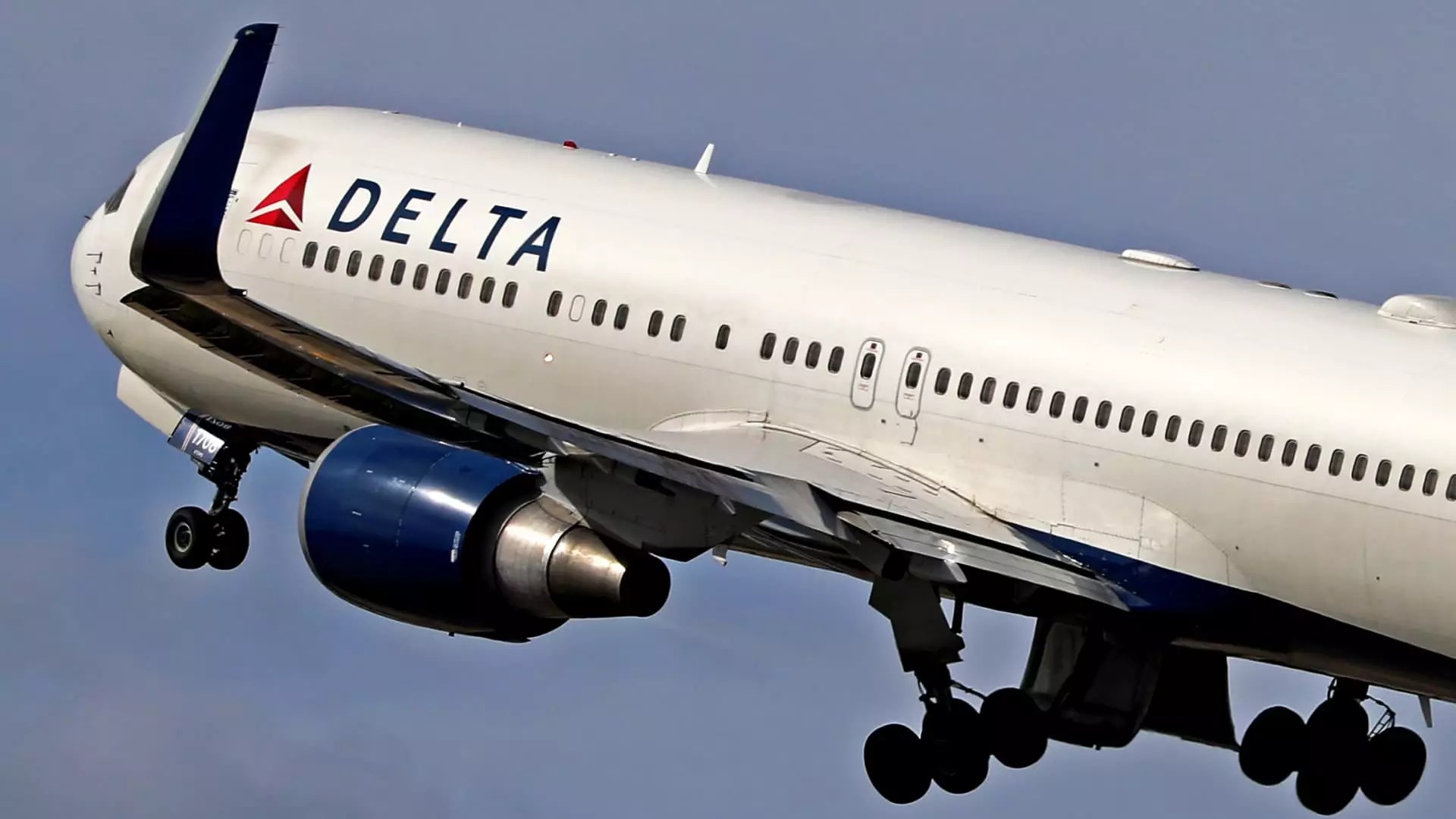The airline industry, once regarded as a barometer of economic health, faces a turbulent reality as consumer confidence dips sharply. Reflecting broader financial concerns, less consumer enthusiasm translates to fewer booked flights. This downward trajectory is not just a passing phase; the consumer’s hesitation is increasingly palpable. When people opt for staycations over flights, it demonstrates a flickering sense of economic security that airline executives must confront. While their lofty promises of growth might suggest resilience, the falling confidence levels spell trouble in the skies.
Unrelenting Tariffs and Their Chilling Effect
Economics isn’t just a game of supply and demand; it’s heavily influenced by policy. The looming tariffs add yet another layer of complexity for airlines. Increased operating costs from these tariffs will undoubtedly make traveling less affordable, especially for budget-conscious travelers. Airlines like Delta and American Airlines, which depend on a mix of business and leisure clients, will feel the pinch as tariffs rip through their financial forecasts. Investing in an industry that could be further constrained by government policies seems less appealing than it did just a few months ago.
Shift in Revenue Streams
While Delta Air Lines has seen some success in tapping into its first-class cabins and premium credit card partnerships, the reality is that these initiatives won’t necessarily counteract widespread demand drops. The ongoing decline in price-sensitive travelers puts a significant strain on overall revenues, making it evident that high-end options might not be a sustainable lifeline. There’s only so much the affluent market can absorb from declining volumes; if fewer people are flying, even first-class will not guarantee profitability.
Market Reactions and Stock Prices
Downgrades by financial institutions like Jefferies have sent shockwaves through the airline stock market, resulting in substantial drops in share prices. A 2% plunge for Delta and 5% for Southwest isn’t just a hiccup; it indicates a broader discontent and uncertainty in the investor community. The market reacts sharply to unfavorable news, and when giants like Jefferies lower their outlooks, it sends a clear message that cost-cutting measures are imminent. Shareholder anxiety will likely contribute to continued volatility in airline stocks.
Broader Economic Indicators
The financial indicators surrounding airline stocks are alarming. While household spending increased overall, the 7.2% drop in airline spending reveals a troubling trend. Travelers are weighing their options, and as consumer behaviors shift, airlines may find themselves increasingly vulnerable. With the NYSE Arca Airline Index dropping by 18% in the first quarter, the data speaks volumes: the recovery narrative that was once clear for airlines has morphed into a cautionary tale.
If airlines want to turn their fortunes around, they must not only adapt to these unsettling market dynamics but also develop resilience strategies that fight against the incoming storms of an uncertain economic climate. The turbulence in the airline sector isn’t going anywhere, and it’s up to executives to navigate through these challenging skies ahead.


Leave a Reply